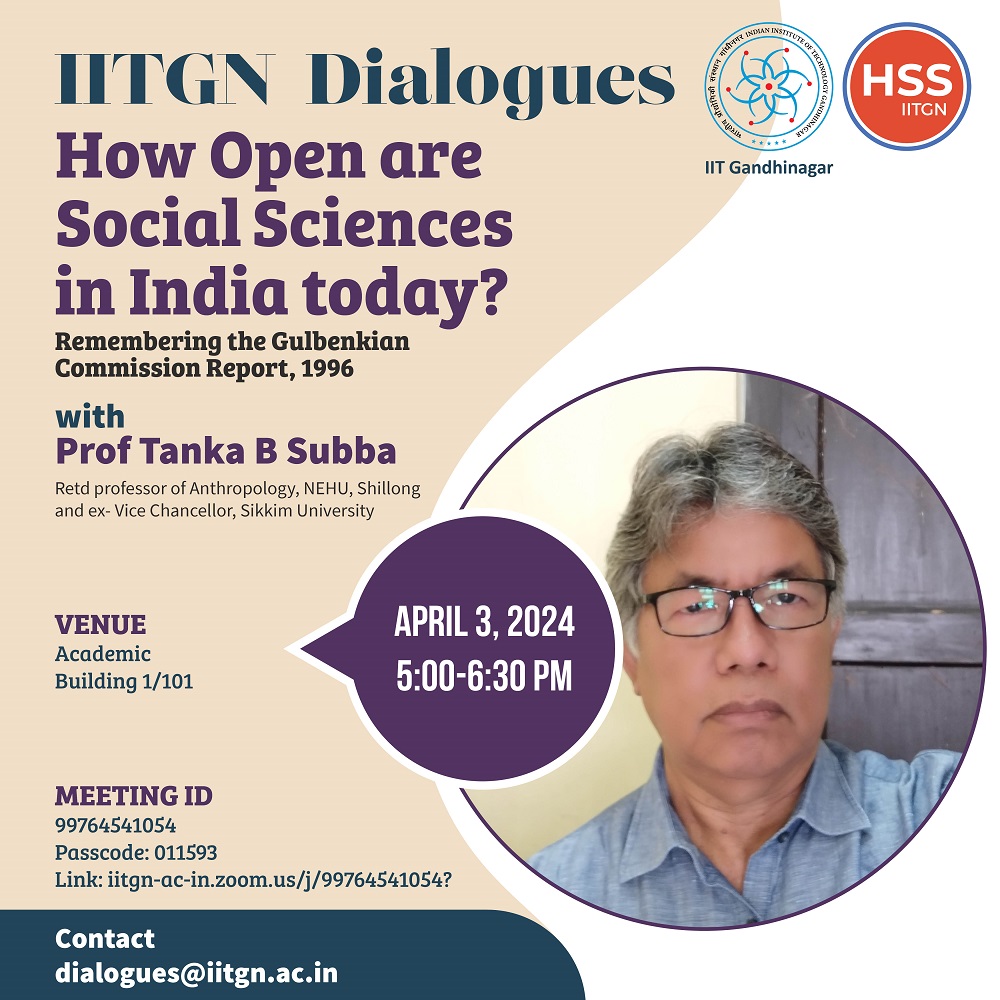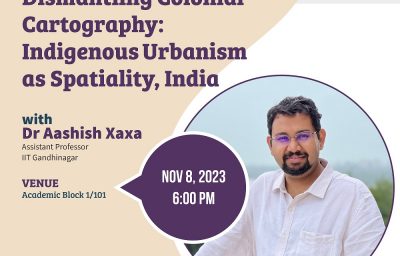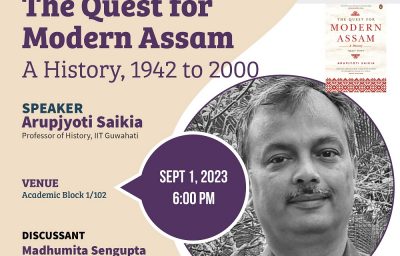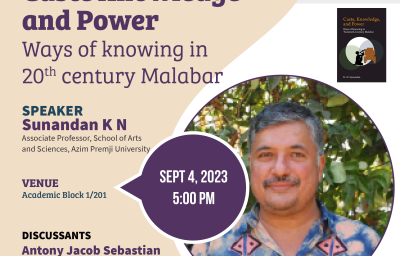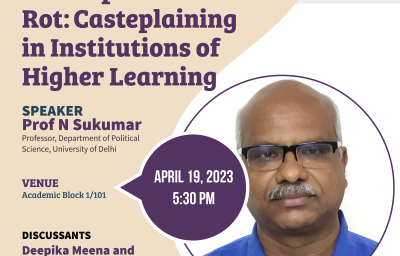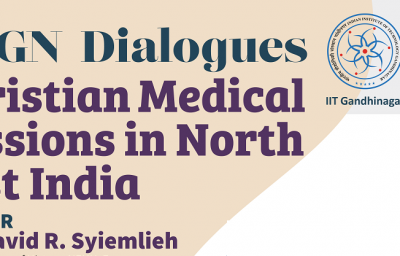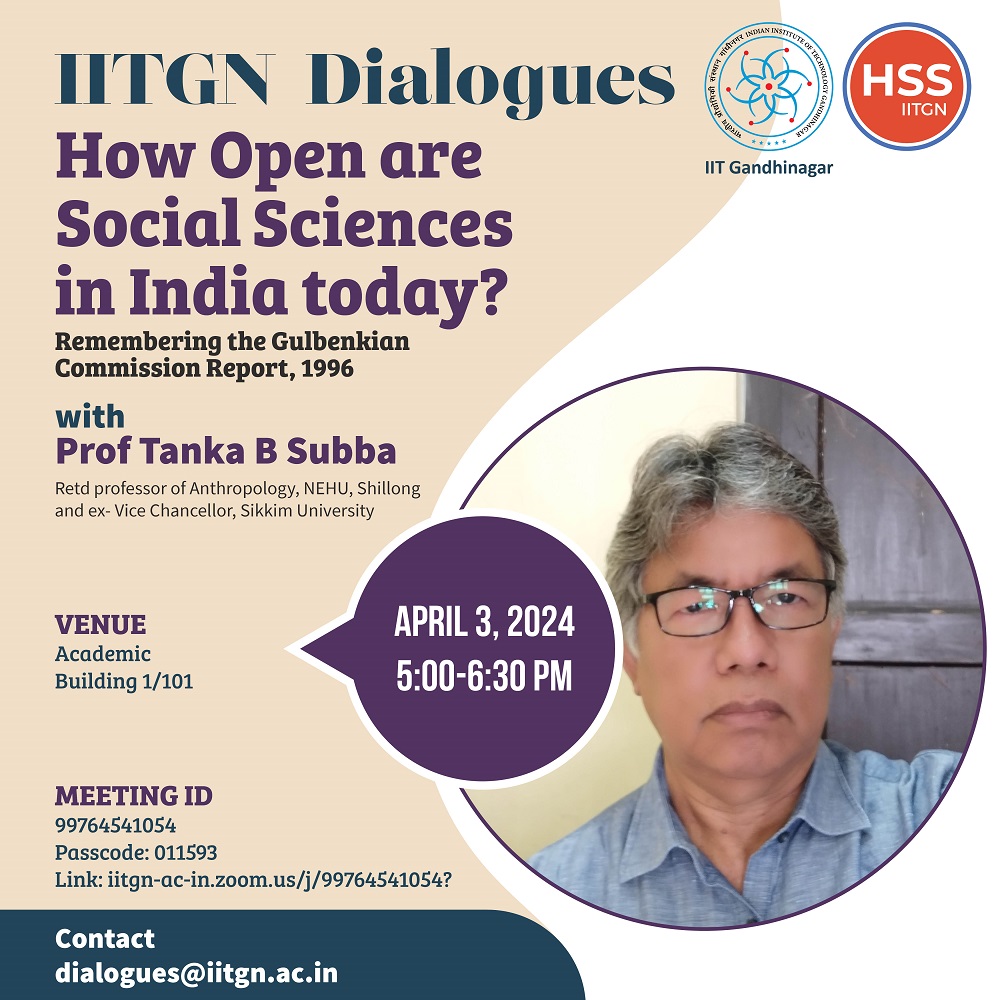
About the Speaker
Tanka B. Subba retired as a Professor of Anthropology, North-Eastern Hill University (NEHU), Shillong, India in April 2022. Earlier, from 2012 to 2017, he served as the second Vice-Chancellor of Sikkim University. He received awards like the Homi Bhabha Fellowship (Mumbai), Dr. Panchanan Mitra Lectureship and R.P. Chanda Centenary Medal for 2015 (Asiatic Society, Kolkata), DAAD Guest professorship at the Free University of Berlin, and Baden-Wuerttemberg Fellowship at the South Asian Institute, Heidelberg University. He served as a member of the Advisory Boards of the National Museum of Mankind, Anthropological Survey of India and the INTACH. He has authored and edited 18 books and published over 80 articles on various issues related to the Eastern Himalayas. His recent publications include, as Sectional Editor for Northeast India and Bangladesh, Brill’s Encyclopedia of the Religions of the Indigenous People of South Asia (Brill, 2021 Gen. Ed. Marine Carrin) and, as Co-Editor, The Routledge Companion to Northeast India (Routledge, 2022, Lead Editor Jelle J.P. Wouters). He is currently a Visiting Professor at the University of North Bengal, Siliguri and an Adjunct Professor at Taylor’s University, Kuala Lumpur, Malaysia.
Abstract
The Gulbenkian Commission was founded by the Calouste Gulbenkian Foundation in Lisbon in July 1993 to reflect on the present state of social sciences and their future. It consisted of a group of six imminent social scientists, two natural scientists and two from humanities, and it was chaired by Immanuel Wallerstein, the then President of International Sociological Association and author of, among others, The Modern World-System and Unthinking Social Science. The main message of the report, published in 1996 by Stanford University Press, is “Open the Social Sciences”.
In my lecture, I wish to comment on the current state of social sciences in India, keeping in mind how open they are today and if they are not open enough what are the hurdles of their opening up. While I cite a few examples from published literature, I will mostly bring in my own experiences to deliberate upon the openness, or lack of it, in social sciences today in India in general and Anthropology-Sociology in particular. I will specifically focus on three sub-themes, viz., humans and nature, the universal and the particular, and objectivity to reflect on the openness of social sciences in India.

